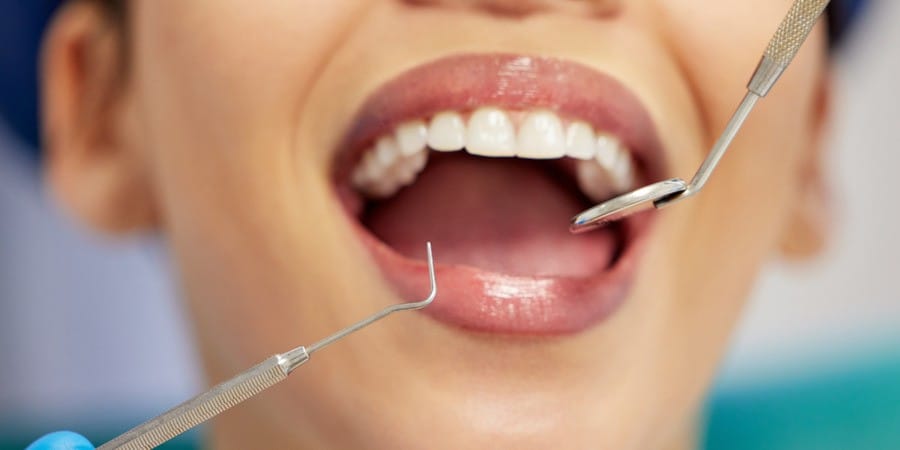TMJ is an ailment of the jaw joint. It can be classified as either primary or secondary. Primary TMJ is caused by problems with the muscles and ligaments that control movement in your jaw. At the same time, secondary TMJ happens when there is an underlying problem such as arthritis, stroke, or injury to the nerve supply to your temporomandibular joint (TMJ). TMJ treatment will depend on its severity and cause. The motive of therapy should always be to relieve pain and reduce muscle spasms around the jaw joint.
Causes of TMJ disorder
- Bruxism; is teeth grinding or clenching, which can put a lot of pressure on the jaw joint.
- Arthritis in the TMJ; is when cartilage in your TMJ has worn away, allowing bones to rub together and damaging the joints.
- Dislocation of the disc between the ball and socket joint.
- Injury to your trigeminal nerve, which is responsible for sensation in the face.
- An irregular bite or poor alignment of your teeth.
- Stress or anxiety can also be a factor because it causes you to clench or grind your teeth.
- Physical activity that puts too much force on the jaw joint, such as playing contact sports like rugby and boxing.
Related articles:
Treatment of TMJ
- Medications are frequently prescribed to treat pain and inflammation. Some examples would be ibuprofen, aspirin, or naproxen sodium.
- Mouthguards are used to treat the symptoms of TMJ. They are mostly made from plastic or rubber and cover your teeth, allowing you to still speak without having them in. The mouth guard helps relieve pressure on the jaw joint by repositioning your lower jaw forward to avoid touching your upper teeth when you close down.
- You can wear a nighttime mouth guard if some of the pain is relieved by wearing it during sleep, but be aware that they are often uncomfortable at first. Mouthguards are also effective for people who clench their jaws while sleeping and those who grind their teeth. Your dentist will take an impression of how your lower arch fits together with your upper arch before making one for you.
- Surgical intervention is another option. If you have arthritis in your TMJ or suffer from damaged ligaments that hold bones together, you will require surgery. This will usually involve removing some bone to reshape it, so everything fits back into place more easily when dislocations occur again.
- Physical therapy for jaw muscles can be very effective. The therapist will ask you to relax the muscles in your jaw. At the same time, he applies gentle pressure, then gradually increases it until you tolerate up to about 15 pounds of force being used by his fingers. Suppose part of your problem is clenching or grinding too much. In that case, he may apply a small electrical shock that stimulates the muscle, so it contracts. After several sessions, the idea behind this is that your brain will get used to contracting those muscles when there’s no actual threat and reduce its activity otherwise.
Clocktower Dental Associates located in Franklin Square, NY- are dedicated to providing you with high-quality dental care for all ages. We are devoted to polishing up the health of our patients through preventative patient education and state-of-the-art procedures that can help your smile look its best!

